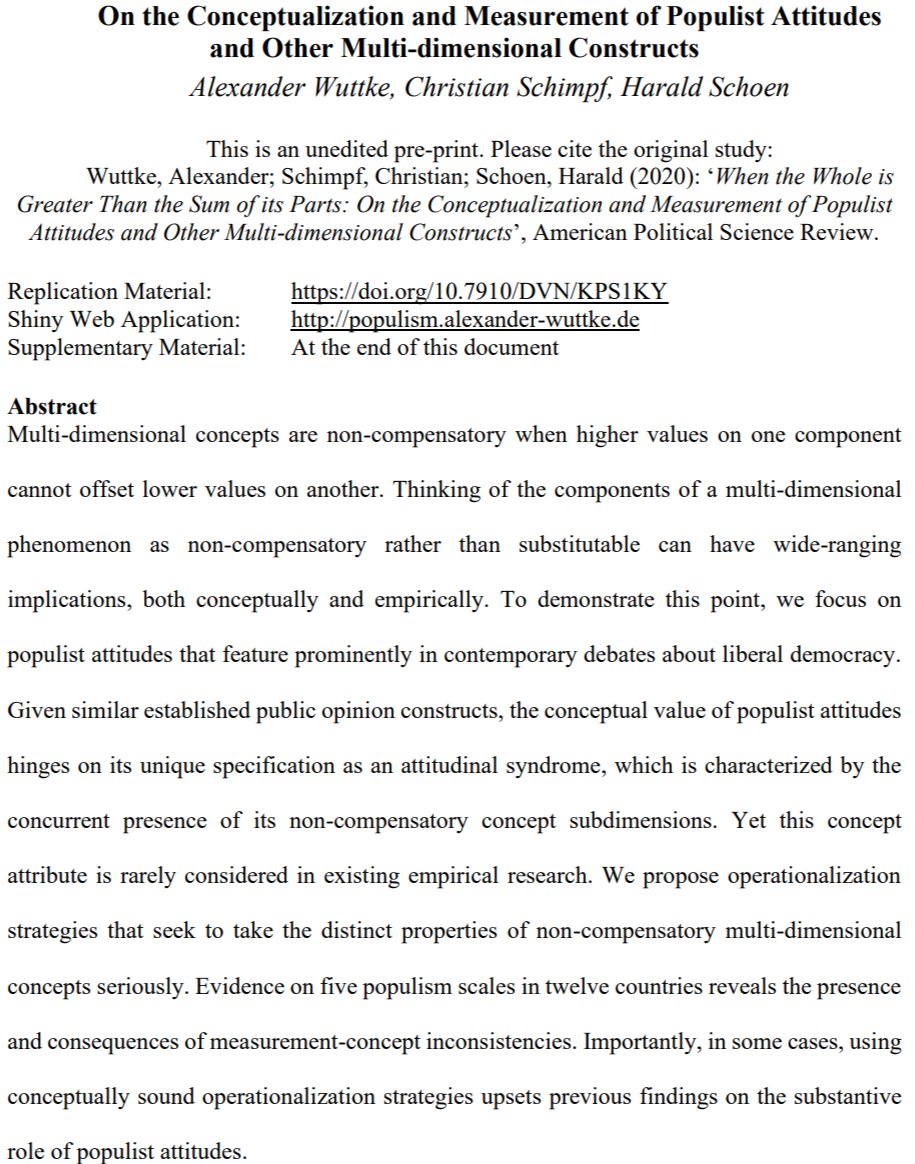
WOW 😍
Boba appears a huge leap towards transparent sensitivity analyses in empirical research
▶️easy multiverse analyses
▶️generates code for all reasonable analytical paths
▶️software-independent (R, Python...)
▶️amazing #dataviz
arxiv.org/abs/2007.05551

Boba appears a huge leap towards transparent sensitivity analyses in empirical research
▶️easy multiverse analyses
▶️generates code for all reasonable analytical paths
▶️software-independent (R, Python...)
▶️amazing #dataviz
arxiv.org/abs/2007.05551


You will write your syntax and specify where two or more analytical choices are reasonable.
Boba will generate the code for all combinations of reasonable choices for you.

Boba will generate the code for all combinations of reasonable choices for you.


Boba is a domain-specific language (and a visual analysis system) so it works software-independent for #Rstats, #Python etc...
The most amazing thing is the interactive, beautiful and insightful output.
Here, you see that the results on your research question vary considerably. Also, the darker color on the left shows that analytical paths on the "device" variable seem to make a difference for results
Here, you see that the results on your research question vary considerably. Also, the darker color on the left shows that analytical paths on the "device" variable seem to make a difference for results

So you can click on "device" and see how results vary across the different universes (analytical paths) of that variables 



In empirical research, we often have to make it seem like we know an answer for sure and that it is robust to any objection. In reality, this is often not how empirical research works.
Boba (Yang Liu, @AlexKale17, @timalthoff, @jeffrey_heer) promises to be an amazing tool to transparently communicate more of what we know about a particular question and how certain we can be about it.
Both aspects are essential to evaluate knowledge claims
#openscience
Both aspects are essential to evaluate knowledge claims
#openscience
• • •
Missing some Tweet in this thread? You can try to
force a refresh











